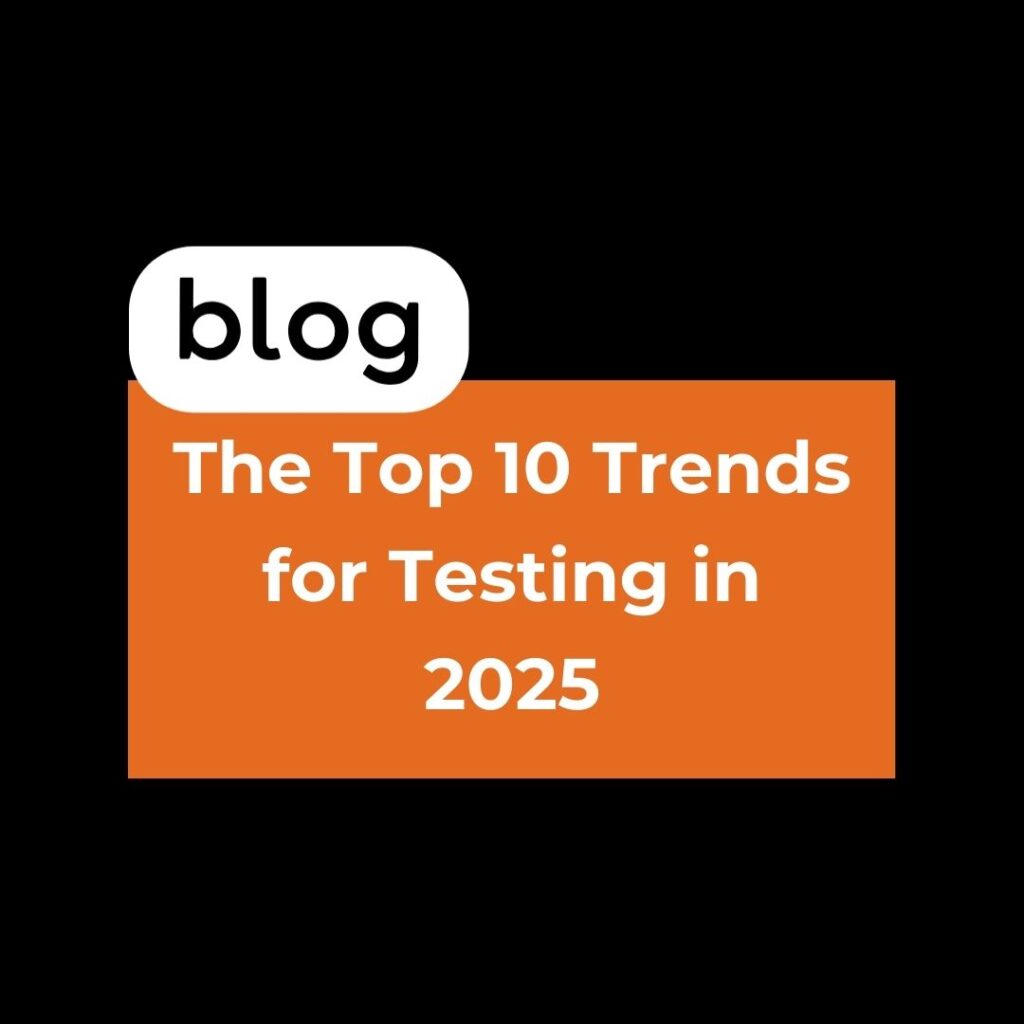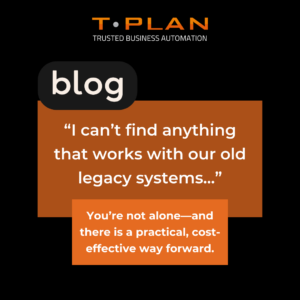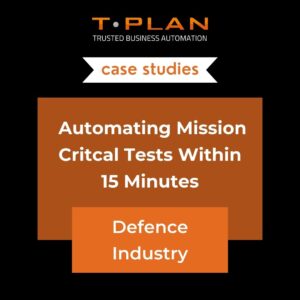The world of software testing is rapidly evolving as we step into 2025. Emerging technologies, dynamic methodologies, and ever-present challenges demand that organisations stay ahead of the curve to ensure robust software quality.
At T-Plan, we specialise in delivering innovative testing solutions to help businesses meet these demands. Let’s dive into the top 10 software testing trends shaping 2025 and how T-Plan’s expertise aligns to support them.
1. AI and Automation Take Center Stage
Artificial intelligence (AI) and automation remain pivotal in revolutionising software testing. As development cycles shorten and continuous delivery becomes the norm, automated testing is indispensable for meeting these demands.
T-Plan’s Test Automation Suite leads this transformation by enabling businesses to automate test cases for speed, accuracy, and scalability. With AI-based capabilities, we help detect issues early, ensuring faster time-to-market and increased agility. From regression to performance testing, our tools support continuous testing throughout the development lifecycle.
2. Shift-Left Testing: Improving Quality from the Start
Shift-left testing, which emphasises early testing in the development cycle, is gaining momentum. Identifying and fixing defects early reduces costs and ensures higher-quality software.
T-Plan supports this proactive approach with continuous integration and testing tools that integrate seamlessly into the SDLC. Detecting issues at the earliest stages ensures smoother development cycles and faster, on-time deliveries.
3. Security Testing Becomes Integral Across the SDLC
With rising cyber threats, security testing is no longer optional—it’s essential. In 2025, DevSecOps practices will dominate, integrating security testing at every stage of development.
T-Plan equips businesses with automated security testing tools that identify vulnerabilities early. By embedding security checks throughout the SDLC, we help prevent costly breaches and ensure your software and data remain secure.
4. AI-Powered Analytics and Predictive Testing
AI-driven predictive analytics is reshaping how testing teams plan and execute tests. By analysing historical data, AI can identify high-risk areas, allowing teams to prioritize testing efforts.
T-Plan’s advanced analytics offer actionable insights into testing outcomes and risks. This enables businesses to address potential issues before they occur, improving software reliability and reducing post-launch failures.
5. Cloud-Based Testing for Scalability and Flexibility
Cloud adoption continues to grow, making cloud-based testing an essential practice. Cloud testing offers scalability, flexibility, and cost savings, allowing teams to run tests from anywhere.
T-Plan’s cloud-based solutions empower businesses to test applications across diverse platforms, devices, and configurations without the need for physical infrastructure. Our tools ensure scalability and flexibility to meet the dynamic demands of modern software development.
6. Low-Code/No-Code Testing for Faster Development
Low-code/no-code platforms are democratising testing by enabling users with minimal coding experience to create and execute test scripts. These tools boost collaboration and accelerate development cycles.
T-Plan’s low-code/no-code solutions simplify test creation with intuitive, drag-and-drop interfaces. Both technical and non-technical users can quickly build and execute tests, enhancing efficiency and fostering cross-department collaboration.
7. Continuous Testing for Agile Workflows
Agile and DevOps methodologies prioritise continuous testing to ensure quality throughout development. This approach enables faster iterations and frequent software releases without compromising stability.
T-Plan integrates seamlessly with CI/CD pipelines to enable continuous testing. By automating validations and ensuring stability with every code change, we help businesses maintain high-quality software in agile environments.
8. Increased Focus on User Experience (UX) Testing
Delivering exceptional user experience is more important than ever. In 2025, UX testing will gain prominence as businesses strive to meet user expectations for intuitive, seamless interfaces.
T-Plan supports comprehensive UX testing with tools for automated UI and cross-platform testing. By identifying usability issues early, we help businesses deliver software that prioritises customer satisfaction.
9. RPA Testing: Ensuring Reliable Automation
As Robotic Process Automation (RPA) becomes integral to streamlining workflows, RPA testing ensures bots operate reliably and adapt to changes.
T-Plan’s test automation suite validates RPA workflows by simulating real-world scenarios. From verifying bot accuracy to testing scalability, we help businesses deploy robust automation that enhances productivity while minimising risks.
10. Test Automation: Driving Efficiency and Quality
Test Automation remains a cornerstone of software development in 2025, essential for agile practices and CI/CD workflows. It accelerates release cycles, reduces manual effort, and enhances testing coverage.
T-Plan empowers businesses with a comprehensive automation suite, enabling faster, more accurate testing. By reducing repetitive tasks and ensuring reliable outcomes, T-Plan supports the evolving demands of software development.
Conclusion: Stay Ahead with T-Plan in 2025
The software testing landscape is rapidly changing, and staying ahead requires robust, scalable, and efficient tools. From AI-driven automation to cloud-based testing and RPA validation, T-Plan offers solutions aligned with the latest trends to help you deliver high-quality software.
With low-code/no-code capabilities and seamless integration into modern workflows, T-Plan empowers businesses to innovate and adapt with confidence. Let us help you navigate the future of software testing and meet the demands of an ever-changing market.



